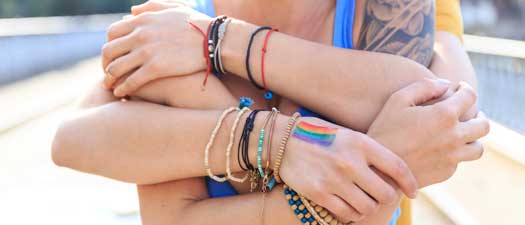Video visit appointments
To schedule a urology video visit or to talk about your care, log in to MyChart.
To enter your scheduled video visit appointment, select the button below.
We’re here to listen, help with your pain and tell you about the care we can offer.
We offer care for:
- Problems with urinating and getting infections
- Kidney, ureter and bladder stones
- Urine leakage
- Prostate problems
- Blood in the urine
- Erectile problems
- Vasectomy
We also care for people who have cancer of the:
- Prostate
- Kidney
- Bladder
- Testicle
We are skilled in advanced surgical care, like:
- Robotic surgery
- Implants for erection or urine leakage problems
- Medical devices to help stop the urge to urinate (pee) or the need to urinate often
- Botox® for bladder problems
FAQs
Small kidney tumors
-
OR
-
OR
Female urinary leakage
There are two main types of urinary leakage in women, including urge incontinence and stress incontinence.
-
OR
-
OR
-
OR
-
OR
Kidney stones
-
OR
-
OR
-
OR
-
OR
-
OR
-
OR
Helpful resources
——

Health and wellness library
Read articles, watch videos and learn how to be a healthier you.
Top


